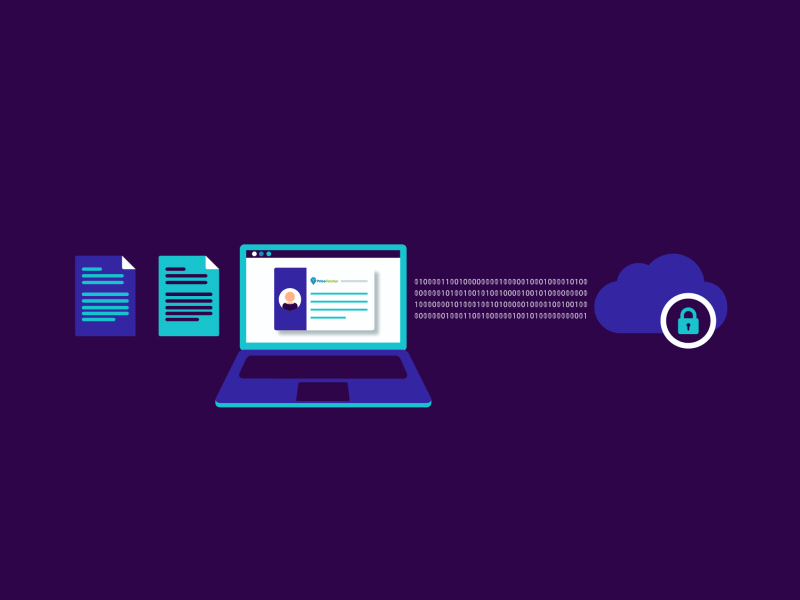Pascoal Vernieri
Co-founder / Solutions Architect
Exploring Cloud Nuances: Plathanus' Essential Strategies in Partnership with AWS and Google
2 min read


Published at
Updated at
At Plathanus, we've established a strategic alliance with two cloud giants, AWS and Google, worldwide leaders in the cloud segment. We recognize these platforms as the best hosts in terms of information security for companies of all sizes.
Software houses, or software companies, typically work with cloud environments in various ways to develop, deploy, and maintain software solutions. As a software house committed to excellence, it's essential to adopt effective cloud practices in our day-to-day operations.

Here are some common practices:
- Cloud Development:
Developers use cloud development platforms to create and test applications. This may involve using integrated development services, cloud version control, and collaborative development environments.
- Infrastructure as Code (IaC):
Software houses often adopt Infrastructure as Code practices to provision and manage cloud resources in an automated manner. Tools like Terraform or AWS CloudFormation allow infrastructure to be specified and managed through code.
- Cloud Hosting:
Developed applications are deployed in cloud hosting environments, such as AWS, Microsoft Azure, or Google Cloud Platform. This provides scalability, high availability, and ease of management.
- Microservices and Containers:
Many software houses adopt microservices architectures and use containers, like Docker, to package and distribute applications consistently across different environments, including cloud environments.
- Auto-Scaling:
Cloud solutions allow software houses to configure resources for auto-scaling, dynamically adjusting capacity according to demand. This ensures efficiency and cost optimization.
- Managed Services:
Leverage managed services provided by cloud providers, such as databases, messaging services, authentication, among others. This reduces operational burden and allows development teams to focus more on business logic.
- Monitoring and Logging:
Implement cloud monitoring and logging tools to track performance, identify issues quickly, and optimize resource usage.
- Cloud Security:
Adopt cloud security practices to protect data and systems. This includes encryption, access control, auditing, and implementation of security best practices.
- Continuous Updates:
The cloud enables continuous deployment and updates without significant disruptions to services. This allows for rapid and frequent delivery of new features.
- Backup and Recovery:
Use cloud backup and recovery services to ensure data integrity and availability in case of failures or disasters.
By incorporating these cloud practices into our workflow, we ensure flexibility, operational efficiency, and scalability, contributing to success in developing and delivering high-quality software solutions.
At Plathanus, we are committed to offering the best at every stage of the development process, ensuring total customer satisfaction.
Similar articles you might be interested in
Pascoal Vernieri
Published at
2 min read
Rafael Fagundes
Published at
4 min read
Tatiane Rocha
Published at
3 min read